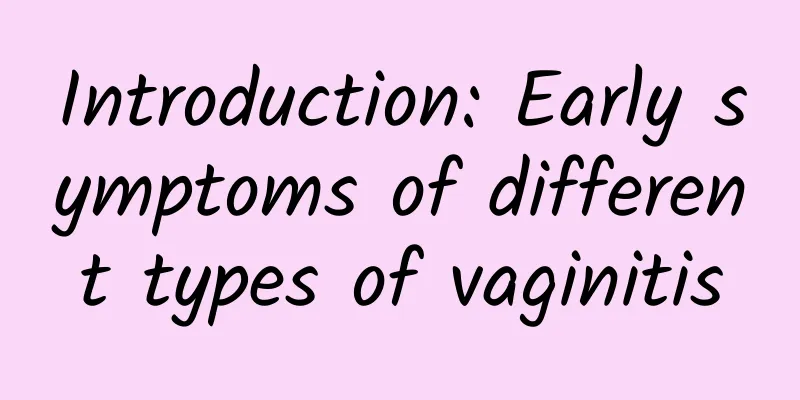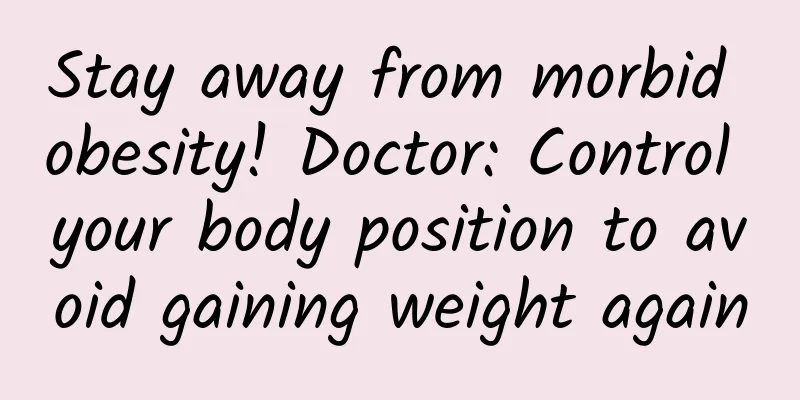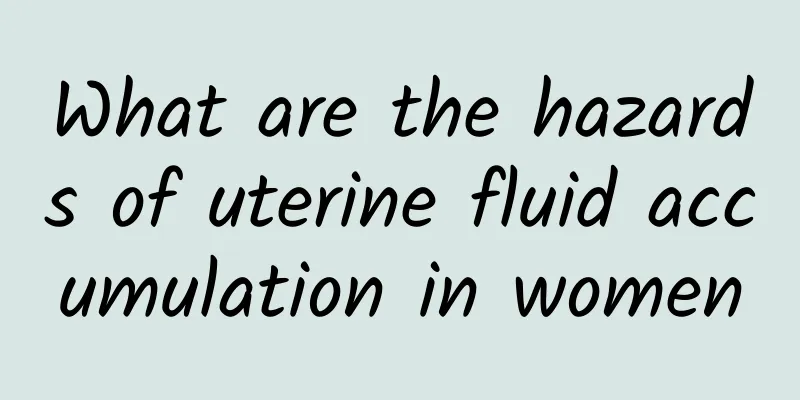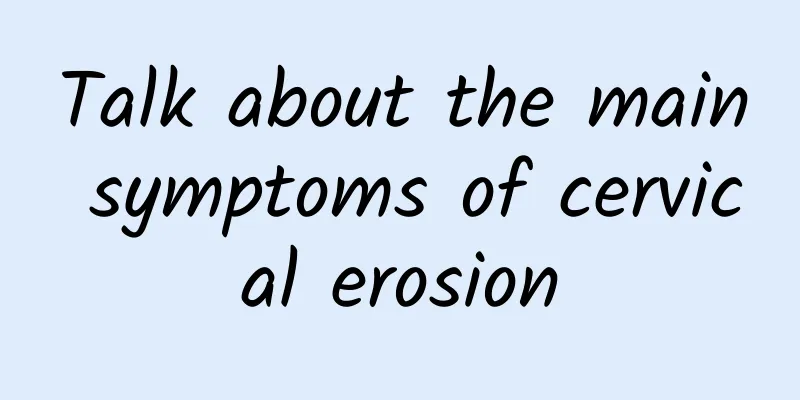What are the symptoms of functional uterine bleeding for those over 47 years old?

|
Dysfunctional uterine bleeding is common in women over 47 years old, and is mainly manifested by irregular menstrual cycles, excessive menstrual flow or prolonged menstrual flow, which may be accompanied by symptoms such as anemia and fatigue. Treatment requires medication, surgery or lifestyle adjustments based on the cause. 1. Irregular menstrual cycle. Women over 47 years old enter perimenopause, their ovarian function gradually declines, and hormone level fluctuations lead to irregular menstrual cycle. This manifests as early or delayed menstruation, or even no menstruation for several months. It can be regulated through hormone replacement therapy, such as oral contraceptives, progesterone, etc., but it must be used under the guidance of a doctor. 2. Excessive menstrual flow. The endometrium is stimulated by estrogen for a long time, and it proliferates excessively, causing increased bleeding during shedding. This is manifested by heavy menstrual bleeding and the need to frequently change sanitary products. You can take hemostatic drugs such as tranexamic acid, or use hysteroscopy to remove the abnormally proliferating endometrium. 3. Prolonged menstrual period. The repair ability of the endometrium decreases, resulting in prolonged bleeding time. The manifestation is that the menstrual period exceeds 7 days, or even continuous bleeding. You can take Chinese medicine such as motherwort, angelica, etc., or perform endometrial ablation to reduce bleeding. 4. Anemia and fatigue. Long-term heavy bleeding leads to iron loss, causing iron deficiency anemia. Symptoms include pale complexion, dizziness, and fatigue. Iron supplements such as ferrous sulfate are required, and iron-rich foods such as lean meat, animal liver, spinach, etc. are also required. 5. Lifestyle adjustment: Maintain a regular work and rest schedule and avoid staying up late; do moderate exercise such as yoga and walking to improve your physical fitness; eat a light diet and reduce the intake of spicy and stimulating foods; keep a good mood and avoid excessive mood swings. Dysfunctional uterine bleeding is more common in women over 47 years old. The symptoms are varied and require prompt medical attention to identify the cause and choose the appropriate treatment plan. Medication, surgery and lifestyle adjustments can effectively control symptoms and improve quality of life. |
<<: How to check what bacteria is causing cervicitis?
>>: Does cervical hypertrophy and ectropion affect pregnancy?
Recommend
Detailed explanation of the harm caused by cervical erosion
If you have cervical erosion, you must seek timel...
Changes of cervix after microwave treatment of cervical erosion
Women with cervical erosion who have abnormal sec...
What does Bartholin's gland cyst mean?
Vestibular gland cyst refers to a cyst formed by ...
What does biochemical abortion mean?
Biochemical abortion refers to a situation in whi...
Women who like to eat carrots often are prone to irregular menstruation
Now experts tell you that eating too much carrots...
What are the types of cervical erosion?
Do you know about cervical erosion? How much do y...
What special symptoms will occur when menstruation is irregular?
What are the special symptoms of irregular menstr...
Do I need to do cervical screening after menopause at the age of 55?
Cervical cancer screening is also necessary after...
Will cervical warts become serious and affect life?
Cervical warts are a curable disease. To treat ce...
Ovarian cancer is more likely to occur before and after menopause
Many women will turn pale at the mention of ovari...
What foods should not be eaten when you have uterine fibroids? What foods should not be eaten when you have uterine fibroids?
Uterine fibroids are a common gynecological disea...
Let’s take a look at what harm does uterine fibroids cause?
Uterine fibroids are a common disease in life. Th...
How is adenomyosis diagnosed?
All women are particularly afraid of diseases suc...
What should I do if I have irregular menstruation and dysmenorrhea?
What should I do if I have irregular menstruation...
Eating like this while exercising to lose weight will make you thinner the more you eat! Nutritionist: Fruits and vegetables on the blue plate are the key
Eating the right food can not only make you healt...









